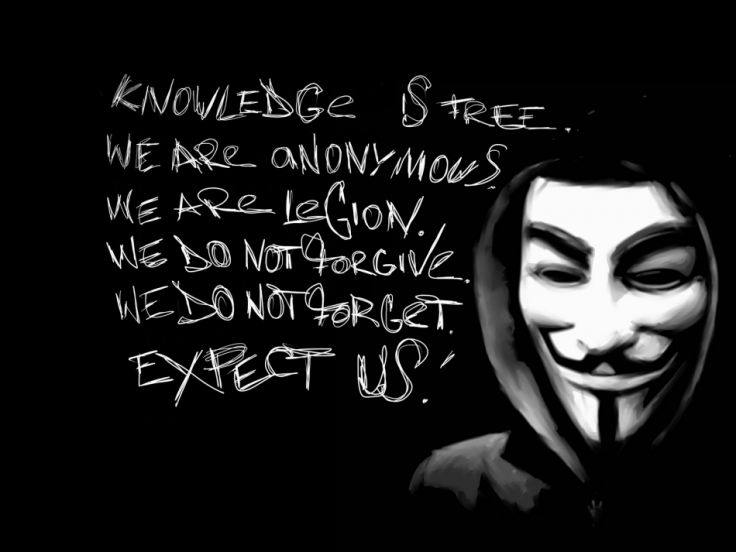Operation Defense: Anonymous Takes down Boeing Website in Cispa Protest

The Anonymous hacking collective has attacked the website of Boeing in protest against an anti-piracy bill that would allow the US government to reinforce security networks against cyber-attacks.
YourAnonNews announced the attack on Twitter as: "Tango Down boeing.com by #Anonymous for #OpDefense".
The website was reportedly out of action for two hours as the hacktivists stepped up their fight against the proposed Cyber Intelligence Sharing and Protection Act (Cispa), a bill that has already drawn criticism from advocates of internet privacy and security experts.
"Cispa and those who have crafted this bill have now become sworn enemies of Anonymous," said a video on YouTube.
"We will unleash the worst pain on those who threaten our existence. You will neither eat, nor sleep, without hearing our voices through your walls. Your actions will be monitored. We will march through the streets, we will destroy your reign of terror on our domain, you will cease to exist. This is not a threat, this is a promise."
Boeing is one of the 30 private companies that have backed Cispa, which will enable businesses and the government to more easily share cyber-security information. Critics claim that the legislation contains few restraints on how and when the government may monitor private information, and that it may be likely to damage file sharers rather than foreign spies or hackers.
"This so-called cyber-security bill aims to prevent theft of 'government information' and 'intellectual property' and could let ISPs block your access to website - or the whole internet," civil rights organisation Demand Progress said. "Cispa also encourages companies to share information about you with the government and other corporations.
"That data could then be used for just about anything - from prosecuting crimes to ad placements. And perhaps worst of all, Cispa supersedes all existing online privacy protections."
Cyber-activists fear the law would be as pernicious as Sopa, the Stop Online Privacy Act, which was withdrawn by the White House and the US Senate after a mass protest by hundreds of major user-generated content websites.
"Cispa is likely to lead to expansion of the government's role in the monitoring of private communications," said the Centre for Democracy and Technology.
"Cispa is likely to shift control of government cyber-security efforts from civilian agencies to the military. Once the information is shared with the government, it wouldn't have to be used for cyber-security but for other purposes."
Anonymous had previously attacked two technology firm associations for supporting Cispa. TechAmerica and US Telecom confirmed they were targeted with a Distributed Denial of Service (DDoS) assault by the collective.
"By launching a cyber-attack in an effort to coerce, intimidate and stifle speech, members of Anonymous are acting contrary to the very freedoms and internet norms that they espouse," Walter McCormick, president of US Telecom, told Bloomberg.
Shawn Osborne, TechAmerica's president, said: "These types of strong-arm tactics have no place in the critical discussions our country needs to be having about our cyber-security, they just underscore the importance of them."
© Copyright IBTimes 2025. All rights reserved.






















